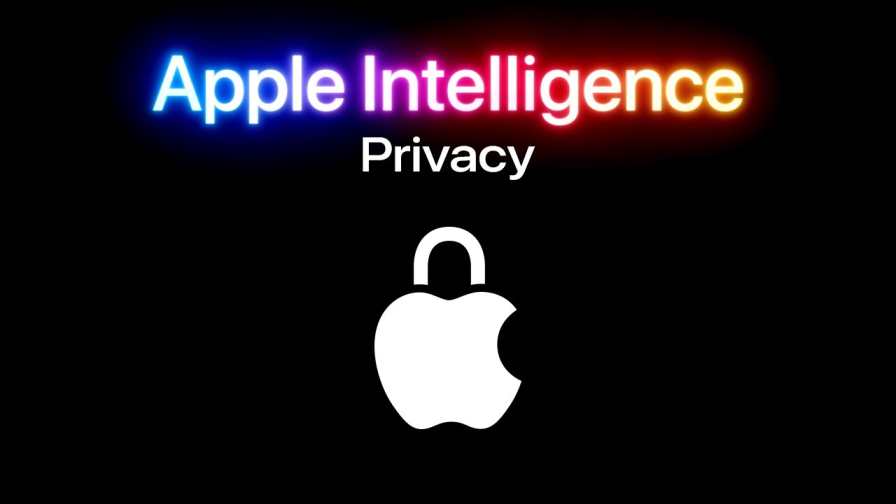Apple introduced a $1 million bounty to ethical hackers who can successfully breach its Apple Intelligence servers on October 24, 2024, and no one has been able to break into its systems to date.
This challenge, part of Apple’s Security Bounty Program, targets vulnerabilities in its cloud-based AI infrastructure, specifically Private Cloud Compute (PCC).
The initiative reflects Apple’s confidence in its cutting-edge security architecture while reinforcing its commitment to transparency and privacy.
Read also: Apple to build its own Bluetooth, Wi-Fi chips
Why Apple is Offering $1 million
Apple’s Private Cloud Compute is the backbone of its AI operations, securely handling intensive computations while protecting user data. The company aims to showcase PCC’s resilience by inviting security researchers to identify flaws. The maximum reward of $1 million will be awarded for remote code execution vulnerabilities with arbitrary system entitlements, the most critical type of exploit.
Lesser but significant vulnerabilities, such as unauthorised access to user request data or network-based attacks, are also eligible for substantial rewards.
For example, researchers who uncover unauthorised access to sensitive user data outside PCC’s secure trust boundary could receive up to $250,000. Attacks that exploit privileged network positions to compromise request data are eligible for rewards up to $150,000. Accidental data disclosures due to deployment or configuration issues can earn up to $50,000.
Apple has also clarified that vulnerabilities outside these predefined categories will still be considered if they significantly impact PCC’s privacy or security guarantees.
The role of Private Cloud Compute in Apple security
Private Cloud Compute brings Apple’s hardware-driven security model to the cloud, ensuring that AI requests are processed securely and privately. PCC uses advanced encryption, hardware-based attestations, and verifiable transparency to protect user data, even when computations occur beyond their devices. By encouraging independent verification, Apple demonstrates its commitment to building trust while reinforcing the strength of PCC’s architecture.
Apple’s transparency through research tools
Apple’s commitment to security transparency goes beyond the bounty program. Researchers can analyze PCC’s systems using the Virtual Research Environment (VRE), a virtualized testing tool available on macOS. This environment allows researchers to inspect PCC software, verify its transparency logs, and test inference models in a secure, controlled setup.
Additionally, Apple has released the source code for critical PCC components, such as CloudAttestation, which validates PCC node security, and Thimble, which enforces verifiable transparency. These tools ensure researchers can thoroughly evaluate PCC’s architecture and test for weaknesses.
Read also: Apple’s iOS 18.2 gets a ChatGPT upgrade
Apple’s commitment to privacy and security
Apple’s $1 million bounty highlights its determination to maintain the highest privacy and security standards for its AI systems. By opening its infrastructure to ethical hackers and security researchers, Apple aims to identify and address vulnerabilities before they can be exploited maliciously.
This initiative strengthens PCC’s defences and reaffirms Apple’s position as a leader in secure, cloud-based AI solutions.
Apple’s decision to offer a $1 million reward for breaches to its AI servers underscores its confidence in the robustness of Private Cloud Compute. By combining transparency, independent verification, and substantial incentives for ethical research, Apple is setting a new benchmark for security in cloud-based AI.
This bold move reflects the company’s unwavering commitment to protecting user privacy while advancing the future of secure AI technology.
















